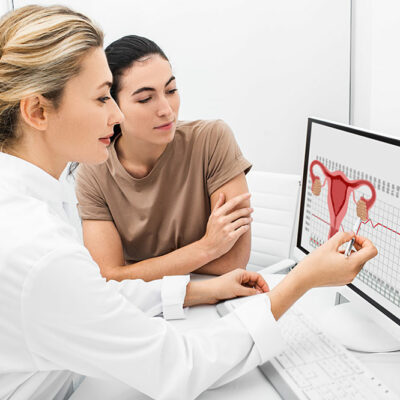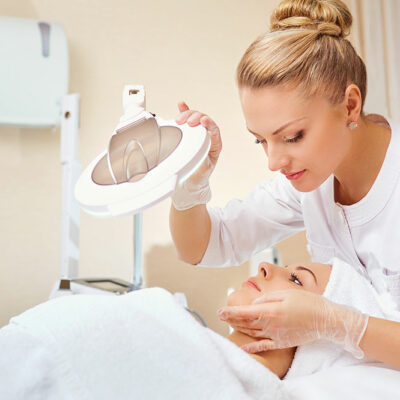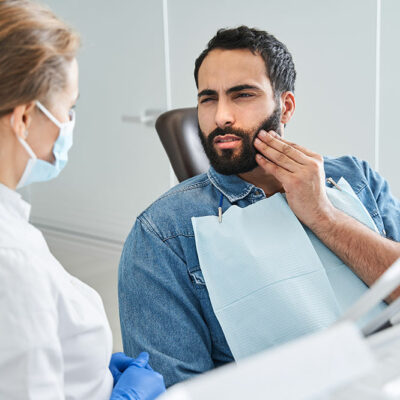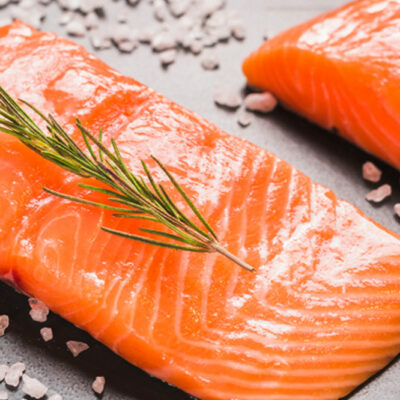
5 uncomfortable questions to ask a gynecologist
Whether it is the first visit to the gynecologist or the tenth, it is natural to feel uncomfortable when discussing vaginal health problems. Such issues can seem extremely private and, occasionally, a little scary. However, it helps to know that nearly everyone experiences hesitation while interacting with their gynecologist. So, here are a few questions to ask a gynecologist that can seem uncomfortable but are important for ensuring optimal health: Does the vagina look normal? This is one of the most common questions one might want to ask during a visit to the OB/GYN but skip due to embarrassment. But, it is perfectly okay to ask this question if one feels like they need to know more about the appearance of the vagina. Most of the time, differences in appearance are not a cause for concern, as there is no normal or standard structure of the vagina. No one vagina is like the other, and they are not meant to look alike. This is because the labia length differs from person to person. Moreover, there are differences in clitoral prominence and skin coloration. Why are there bumps down there? It is normal for bumps to develop in the intimate area.
Read Article 









